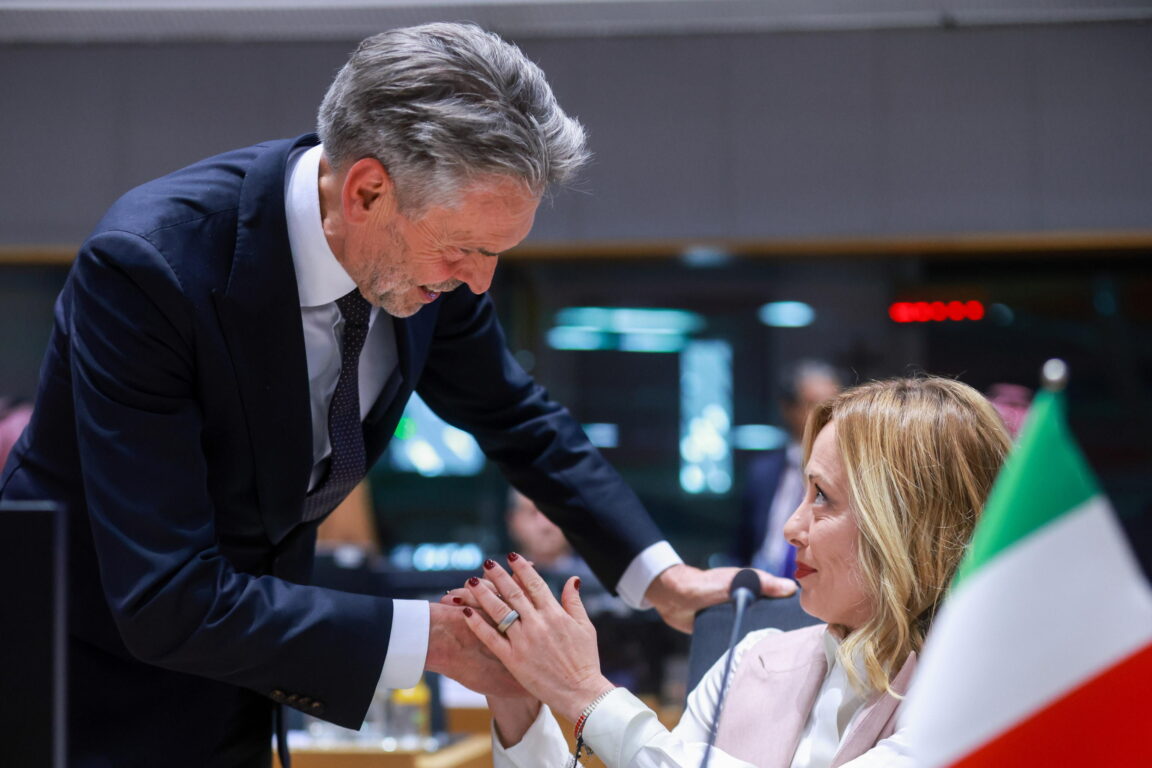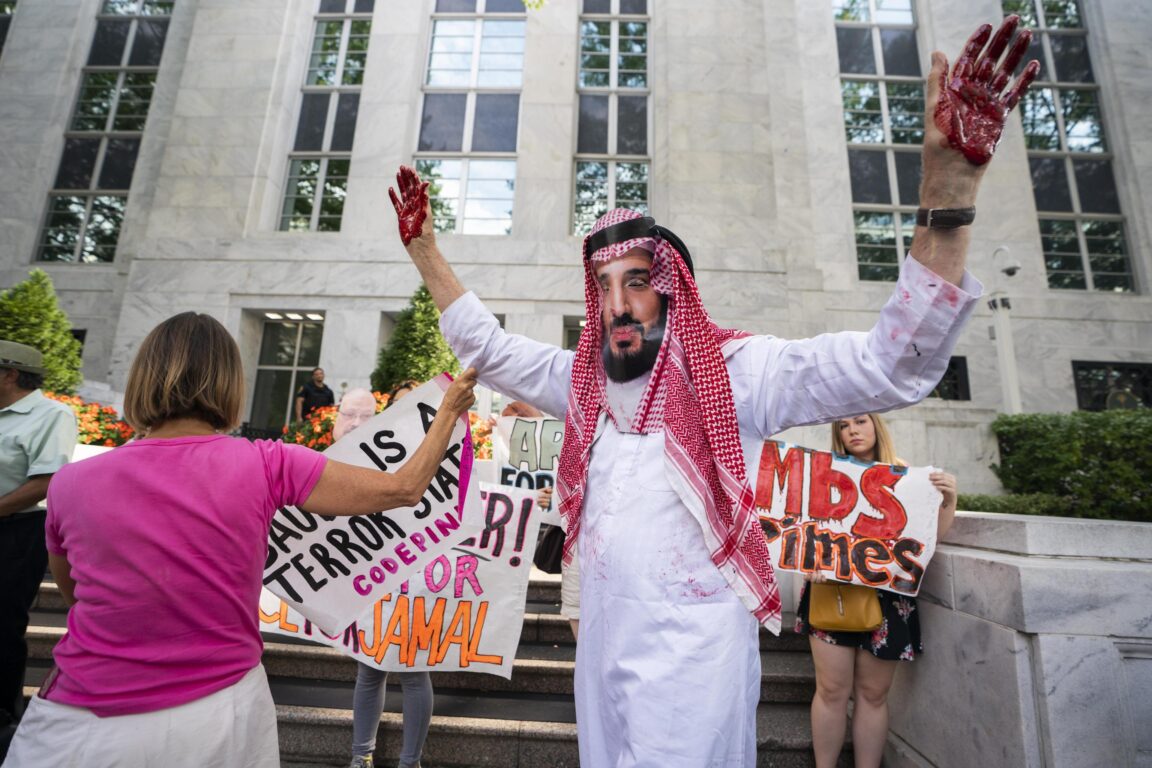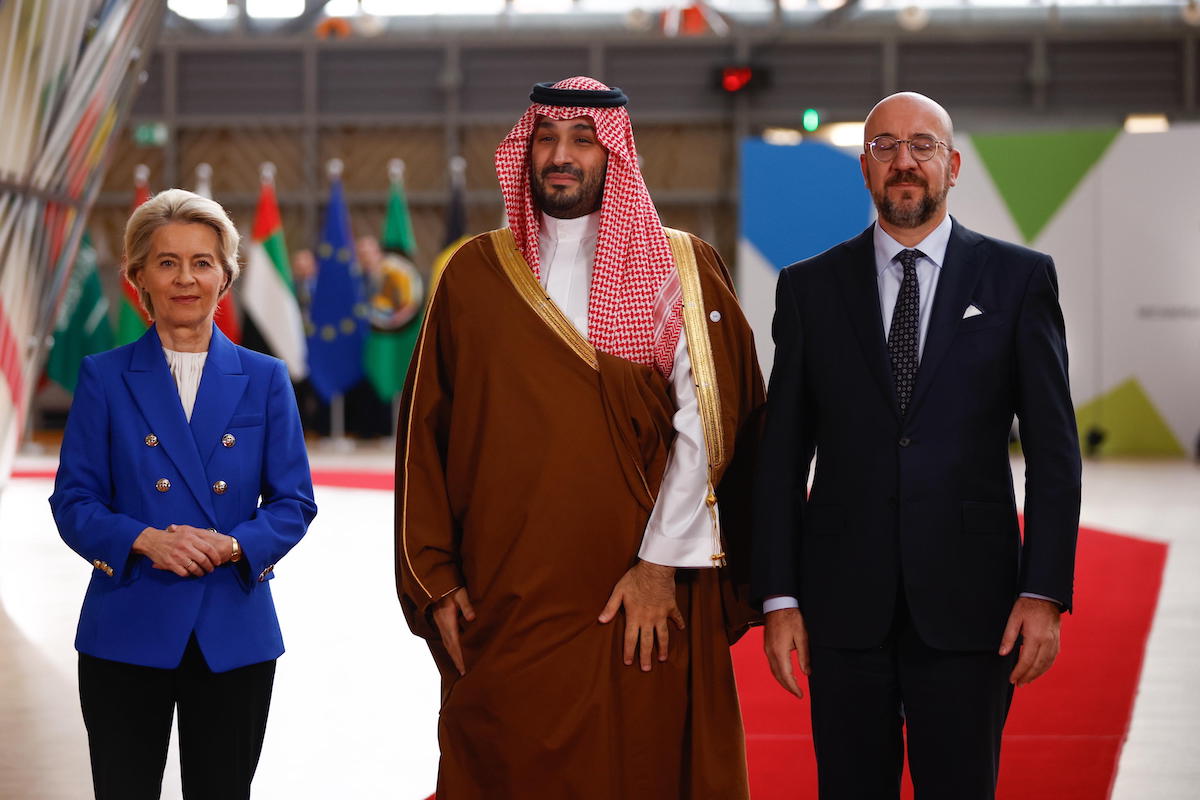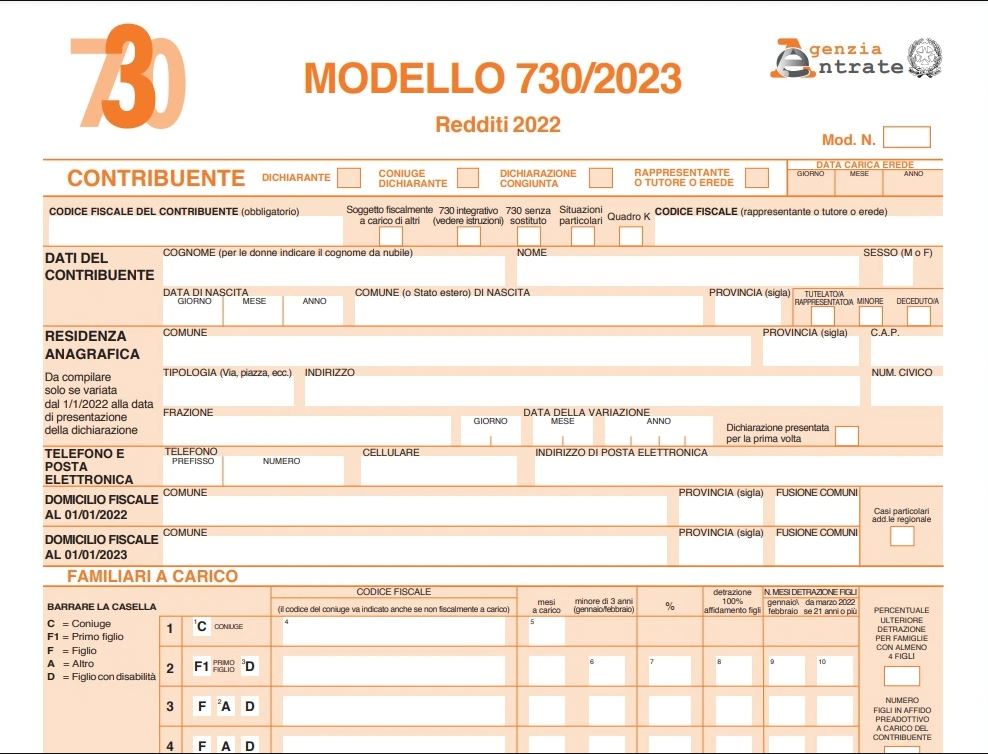The crisis in the Middle East at the center of the maxi-summit with the emirs of Qatar and Bahrain. Von der Leyen provokes: “Do you care about sovereignty? So let's stop Russian aggression in Ukraine.”
“Global stability is under serious threat due to what is happening in the Middle East, as well as in Ukraine and Sudan. We must act together and change the course of history.” This is the call launched by Charles Michel at the opening in Brussels of the summit between the European Union and the Gulf Cooperation Council (GCC), the first never organized at the level of heads of state and government A summit which should focus on strengthening cooperation between the two regions – economic, energy, cultural – but inevitably dominated by the ever higher alert in the face of a Middle. -East threatened with total explosion Alongside Michel, outgoing president of the European Council, the work of the summit is co-directed by Tamim ben Hamad al-Thani, the powerful emir of Qatar who holds the rotating presidency of the Gulf regional organization. Doha is also the capital where for a year we have been stubbornly trying (with Cairo) to find a ceasefire agreement in Gaza between Israel and Hamas, but the frustration of all the efforts made has left a deep mark. “The destructive war waged by Israel in Palestine and now in Lebanon, with the normalization of war crimes, is unacceptable,” al-Thani attacked in his remarks at the start of the summit, accusing the Jewish state of “crimes against civilians » and “flagrant violations of international law”, also in reference to recent attacks against UNIFIL forces.
Von der Leyen teases
“We need an immediate ceasefire in Gaza and Lebanon, as well as the withdrawal of Israeli forces from the West Bank. It will then be necessary to follow cycles of dialogue and negotiations to give a definitive and irreversible response to the Palestinian cause, with the birth of a Palestinian state alongside the Israeli state, continued al-Thani, focusing on the objectives of Qatar, which has also been burned in recent months by the targeted assassination in Tehran of Ismail Haniyeh, the political leader of Hamas to whom it had granted golden exile for years On the objective of a cease-fire. fire in Gaza and Lebanon, the positions of the EU and the Gulf countries appear to overlap European Commission President Ursula von der Leyen also called for this in her opening speech, but she did not. did not fail to highlight the threats and attacks suffered by Israel, by Iran or by the Houthi militias Above all, von der Leyen voluntarily abandoned the path of reassuring but meaningless rhetoric on cooperation and common objectives. prick the Gulf countries on other issues on which there is still no consensus. “I know how committed you are to the concept of sovereignty, so I hope we can count on you to work to end Russia's war of aggression against Ukraine,” von der Leyen said, teasing the Gulf interlocutors who always remained halfway between the two belligerents. sides. He then launches the challenge of decarbonization and the gradual abandonment of fossil fuels, a very sensitive subject for the Gulf. “You are making great strides in this direction, launching a significant energy transformation. And we need raw materials for clean technologies. If we work together, your region can become the clean energy hub between Europe, Africa and Asia. »

The rehabilitation of Ben Salman
Once the keynote speeches were finished, the summit began – behind closed doors. Among the most anticipated guests around the table is also Mohammed bin Salman, who arrived unexpectedly in Brussels to participate in the summit. A participation which, just a few years ago, would have been unthinkable. Crown Prince and Ruler of Riyadh de facto of Saudi Arabia has invested colossal capital – economic and communicative – to present itself to the world as the face of innovation for its country, and with equally decent results: goodbye to the hostile face of an authoritarian monarchy, clinging to petrodollars and patriarchy; pave the way for decarbonization, the thawing of taboos on rights internally and that of relations with Israel externally. Then things got complicated. Because the murder of the journalist Washington Post Jamal Khashoggi, strangled and torn to pieces by Saudi agents in Istanbul in October 2018, caused a worldwide sensation, and Western governments – starting with the United States where Khashoggi lived – could only include the Mbs in the group. red list of the unpresentable. For at least two years, Bin Salman – whom American and UN investigations established as the instigator of the assassination of the unwelcome journalist – was considered a pariah from Europe and the United States, Arabia itself was ostracized. Then the realpolitik has once again raised its head, as have economic interests. And priorities have changed: while the world is on the brink of a Third World War – Ukraine under siege, the Middle East on fire – it is no longer conceivable to do without a regional heavyweight which has joined the Brics bloc in January. Red carpet in Brussels also for bin Salman (who, however, carefully avoided answering questions from journalists upon his arrival). None of the 27 EU governments have any objection to its presence, European sources said. Instead, human rights organizations are protesting, speaking of a “repression that has never been so harsh in Saudi Arabia” behind the reformist facade.

From Meloni to Di Maio: the protagonists of the summit
In honor of the summit, Charles Michel, in his capacity as President of the expiring European Council, flanked – as well as Ursula von der Leyen and Josep Borrell – also by the former leader of the 5 Star Movement Luigi Di Maio, who , after the failure of the 2022 political elections, drew on his experience as Mario Draghi's foreign minister to become the EU's first special envoy for the Gulf. Prime Minister Giorgia Meloni is present in Italy and will try to draw useful information from discussions with partners in the region, also in view of her trip to the Middle East on Friday (Jordan and Lebanon are currently planned stops). First of all, in the middle, the equally important meeting of the European Council on Thursday, during which the EU heads of state and government are expected to discuss, in addition to the “intractable” crises at the borders, also medium and long-term strategies also regarding competitiveness and immigration. And who knows, maybe some useful ideas for an internal debate might come unexpectedly from a Gulf prince or emir.
Cover image: Crown Prince of Saudi Arabia Mohammed bin Salman upon his arrival at the EU-Gulf Cooperation Council summit – Brussels, October 16, 2024 (EPA/JOHANNA GERON / POOL)

